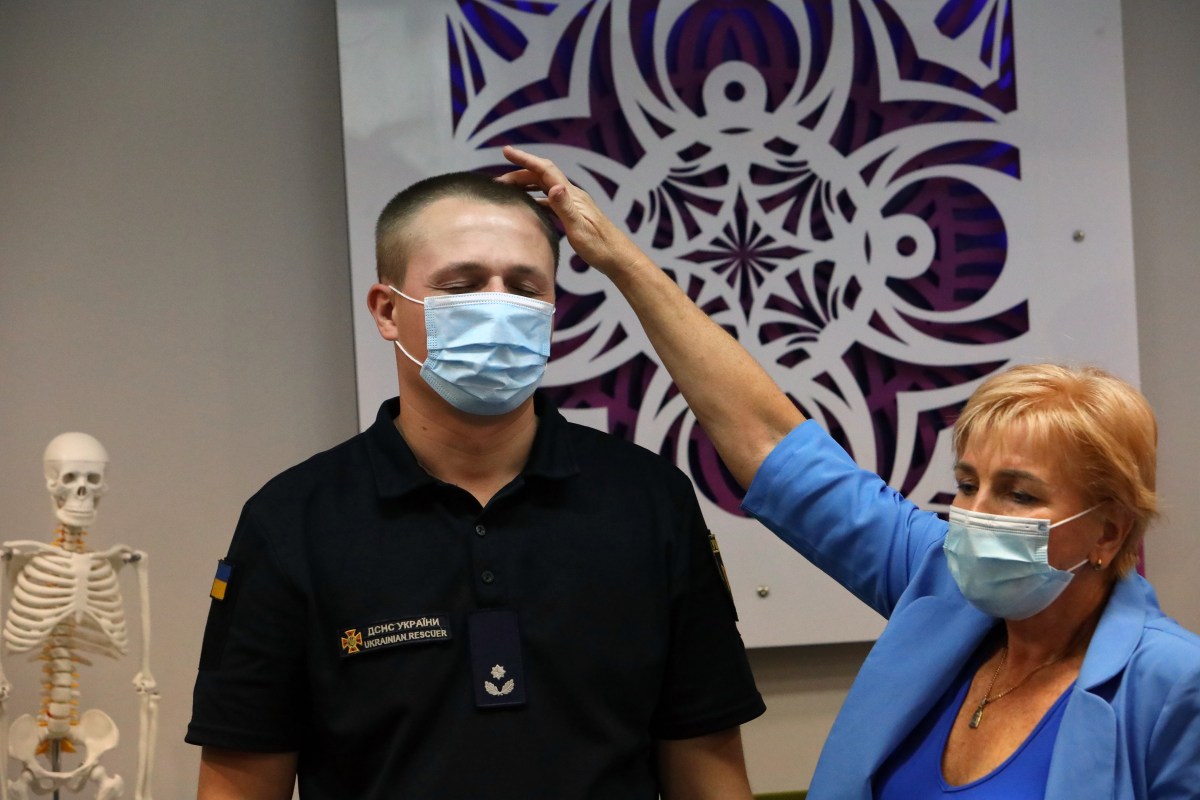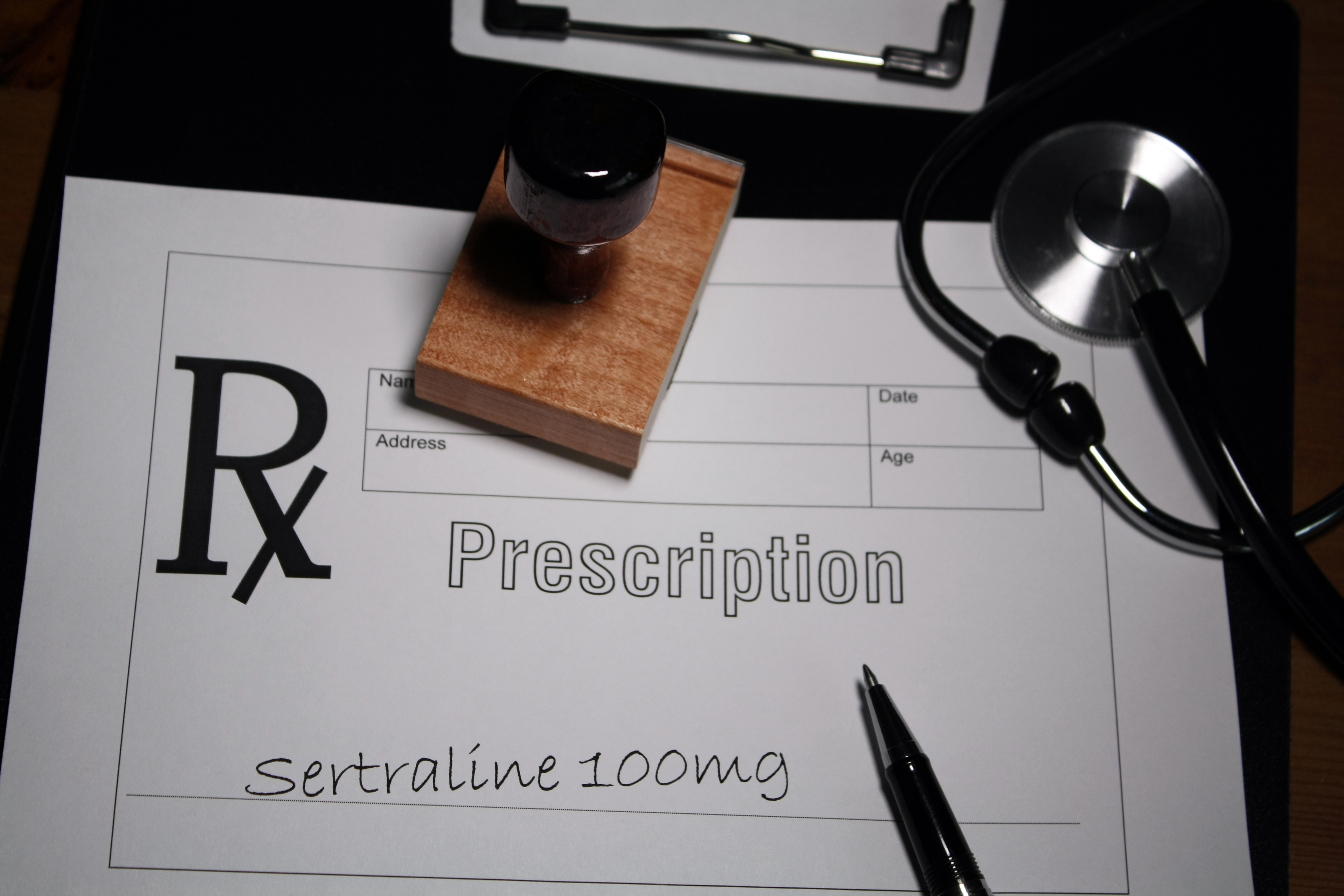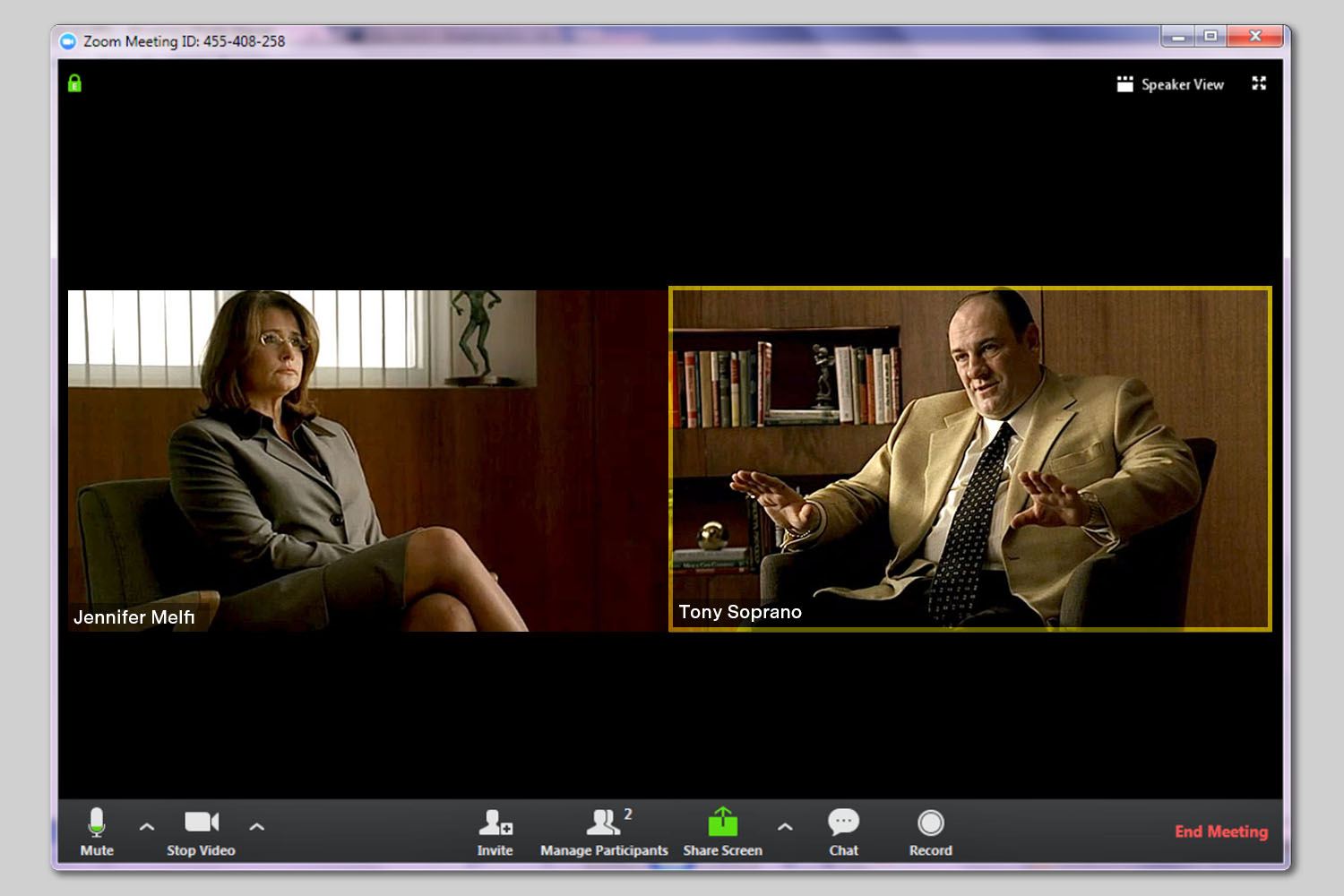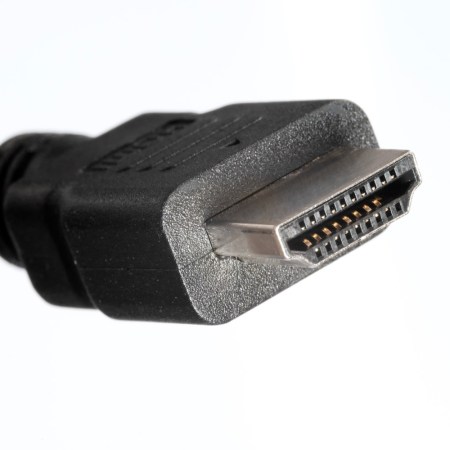The COVID-19 pandemic has presented us all with a massive mental health challenge, and it’s more important than ever to be familiar with coping mechanisms if you happen to encounter a person in psychological crisis (or if you’re in crisis yourself). As a new Washington Post piece points out, many public health officials have been trained in “psychological first aid” to help people who may be struggling. But what exactly does that entail?
You can read the article in full here, but these are the basics to familiarize yourself with:
Address Basic Bodily Needs: Does the person who’s struggling have enough food, water, shelter, etc.?
Avoid Further Harm: As the Post advises, “First, check to make sure conditions are physically safe, then take steps to ensure emotional ‘safety’ by treating others and yourself with respect and compassion.”
Keep Calm: Maintaining a gentle tone of voice can help to calm someone who is in psychological distress.
Set Priorities: Encourage them to consider their most urgent needs and prioritize them. Help them to distinguish between what they can and cannot control.
Build Hope: Try to help them focus on positive emotions and stay optimistic.
Practice Good Communication: Practice active listening, let them take their time expressing themselves, and try to show empathy.
Reinforce Coping Skills: The Post recommends that you “Ask someone who is distressed how he or she coped with difficult situations in the past and encourage the person to use those strengths and strategies to handle the current situation. This contributes to a sense of confidence and competence that will allow them to face and manage the current challenge. It also builds resilience.”
Whether you’re looking to get into shape, or just get out of a funk, The Charge has got you covered. Sign up for our new wellness newsletter today.

















